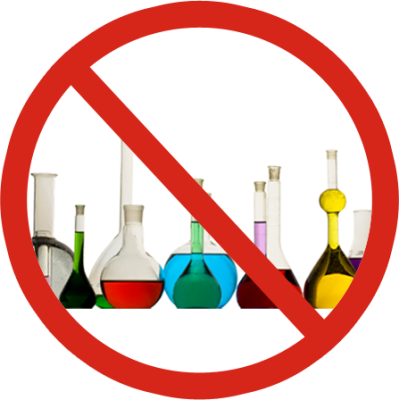Fragrance -- What Does It Mean?
Always read labels! This is the first thing women -- and men -- need to learn when buying personal care items like shampoo, soap, and cosmetics. But this is especially true when it comes to perfume and cologne.
Corporations know that these buzz words like "organic" and "natural" appeal to consumers looking for heatlhy, safe products. That's why you have to pick that product up, turn it around, and read the list of ingredients on the back.
THINGS TO LOOK FOR WHEN BUYING A FRAGRANCE
- Products made with Natural grain alcohol, Organic certified, or USDA approved
- “Fragrance free” (no masking fragrance)
- Preservative & P.G. Free
- No Aluminum, parabens, methyl-paraben, preservative unless it is from a herbal source
- Crystal Clear (no nano-particles), Long Lasting Protection
- Paraben & Propylene Glycol Free
- 100% Vegetarian /Vegan Ingredients
- No Animal Testing, “Cruelty free”
- Ayurveda/Herbal ingredients
- USDA organic/Organic certified
- Fair Trade
WHAT TO AVOID
The word “fragrance” in the ingredients. That doesn’t tell you anything about the ingredient in the product that is used as the fragrance. According to the Enviromental Working Group:
- Many fragrances have secret chemicals that are not listed on the label.
- The average fragrance tested contained 14 secret chemicals. Among them are chemicals associated with hormone disruption and allergic reactions. Many of them have not been assessed for safety in personal care products.
- Fragrance secrecy is legal because of a giant loophole in the Federal Fair Packaging and Labeling Act of 1973
- The word "fragrance" on the list of ingredients is not just one chemical but many.
THE SAFEST SOLUTION
Make your own fragrance using high-grade essential oils. Turn it into a personal, creative expression. Make it fun -- and be safe!





















